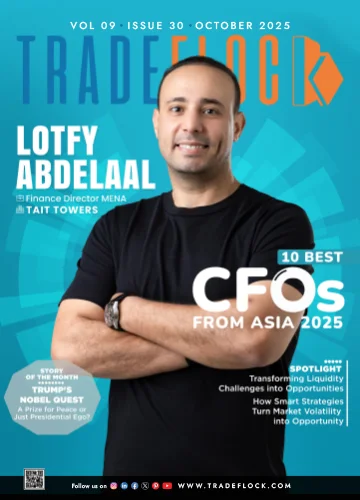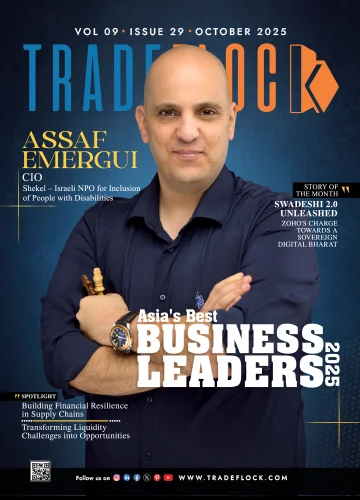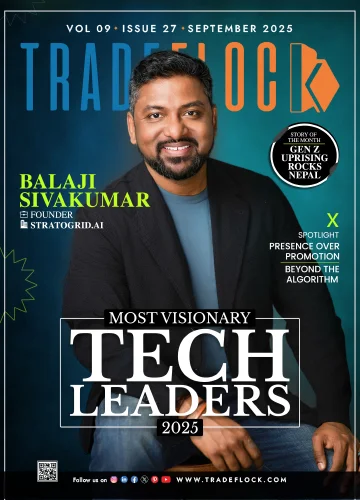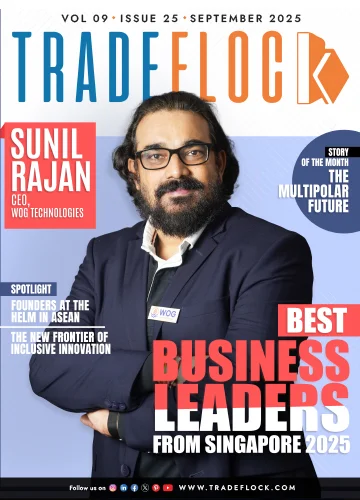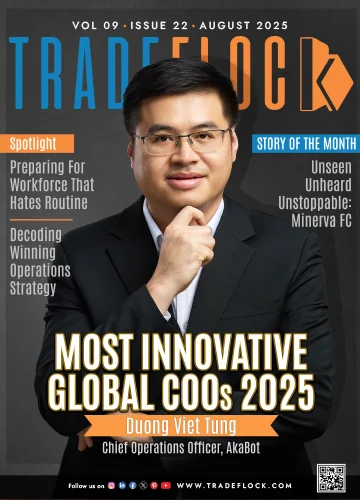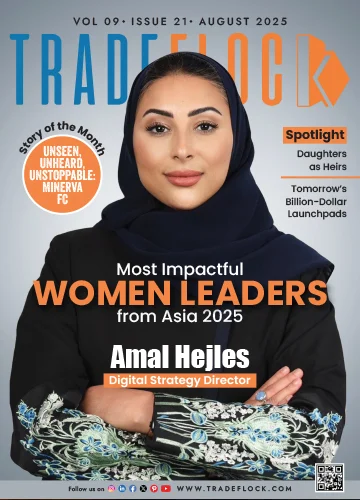
Assaf Emergui
CIO, SHEKEL (Isaraeli NPO for Inclusion of People with Disabilties)Assaf Emergui is the Chief Information Officer at Shekel, an Israeli non-profit organisation dedicated to the inclusion of people with disabilities. With a strong focus on leveraging technology for social impact, he drives digital transformation initiatives that enhance accessibility, efficiency, and empowerment across the organisation’s programmes.
Technology is more than machines and networks; it is the language of opportunity in our time. At its best, it draws people closer, amplifies unheard voices, and creates spaces where every individual can contribute their ideas and talents. When we speak of the digital divide, we should resist viewing it only as a wall; it can just as powerfully be seen as an invitation to build bridges of inclusion and empowerment.
For underserved communities, families with limited resources, and people living with disabilities, technology is not a luxury; it is a lifeline. Access can mean a child unlocking new ways to learn, a job-seeker stepping into possibilities once closed, or a person with disabilities experiencing independence through thoughtful design. These are not abstract ideals. They are real, human transformations, and they remind us that bridging the digital divide is not about closing gaps, but about opening doors. Consider this: approximately 2.6 billion people worldwide remain offline, and among them, access to digital tools is particularly limited for women, rural populations, and people with disabilities. This is more than a statistic; it is a call to action. It reminds us that:
“Technology’s true potential is realized not when it connects the already connected but when it reaches the disconnected, bringing them into the fold of opportunity.”
The path forward is clear and achievable. Universal, affordable internet access must be treated as a cornerstone of modern society. Community-led programs should provide not only devices but also the skills to use them with confidence and creativity. Businesses and innovators have the responsibility to make inclusivity a standard by designing tools and platforms that welcome all users, not just the easiest to reach.
Equally powerful is the idea of digital mentorship: people helping people. When neighbors, elders, and youth pass on knowledge to one another, digital literacy grows into a shared strength. Communities thrive when no one is left behind, and the benefits ripple outward, enriching everyone. The opportunity before us is profound: by committing to access, literacy, and inclusive design, we can transform technology from a dividing line into common ground. In doing so, every person, regardless of background or ability, can have a place, a voice, and a future worth shaping.

